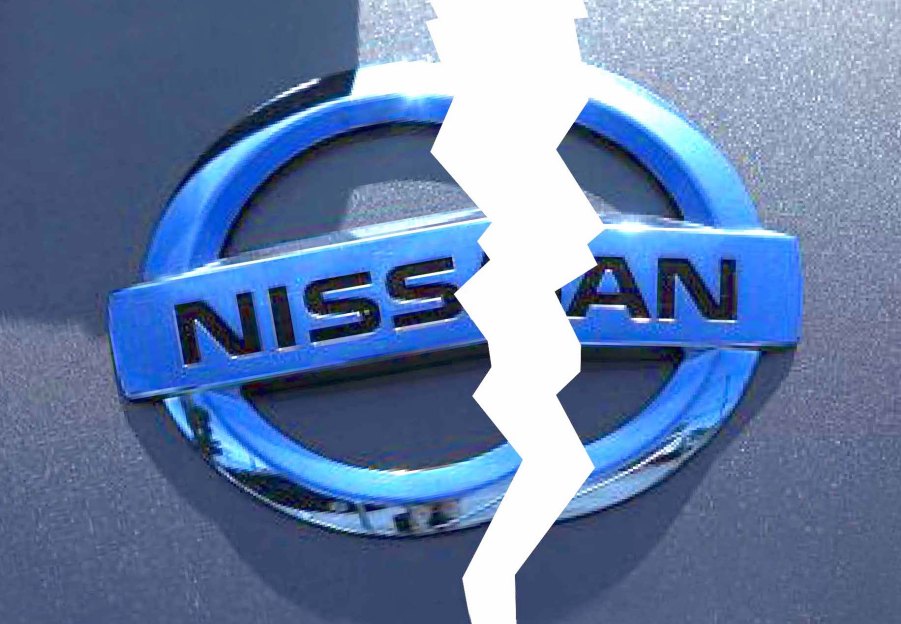
Nissan CEO Hiroto Saikawa Resigns Amid Turmoil
Nissan is a company in turmoil, and now it’s Chairman of the Board and CEO Hiroto Saikawa is out. An internal company investigation led to the arrest in November of former Nissan Chairman Carlos Ghosn. As the investigation continues, it has taken in Saikawa, whom the company says misused the executive incentive program.
Nissan CEO Accusations
Earlier in the week as news of questions about Saikawa’s allegations came to light he said if the board deemed it necessary he would resign. At a quickly assembled press conference, Nissan chairman Yasushi Kimura said, “We felt immediate action would be appropriate.” He says Nissan is now looking for Saikawa’s replacement.
Saikawa took over Nissan’s reins after Ghosn’s arrest but had been CEO since 2017. He has been accused of exercising a stock-linked compensation plan called “share appreciation rights” that paid out an additional $500,000. However, the investigation found it was not illegal for the compensation to occur, and Saikawa said he would return the money to Nissan. Nissan no longer offers the stock incentive program.

Trouble at Nissan
Things have not been good for Nissan since 2017 when it announced that final vehicle inspections at various plants in Japan had been flawed. More than 1.2 million vehicles sold in Japan were recalled as a result.
A year later Ghosn was arrested. Ghosn was also head of Renault, which is partially owned by the French government. If that wasn’t enough turmoil, soon many Nissan executives left the company.
The bad news continued to come out of Nissan. First-quarter profits for 2019 fell by 99%. Essentially there were no profits. US sales in the US are way down with aging products seen as part of the problem.
Nissan recently announced it would lay off 12,500 employees as a result of lagging sales in both China and the US. Parent company Renault began merger talks with Fiat Chrysler in May, which ended without any results.

Nissan-Renault
Tensions between Nissan and Renault have always existed since Renault bought the majority of Nissan in 1999. Though Nissan makes more vehicles, Renault controls the company. Nissan has no voting rights within the company. Mitsubishi Motors Corp. is also part of Renault.
Since Ghosn’s arrest, there have been attempts to boost Nissan’s position within Renault because of the decades-long internal problems. Between all three companies, they employ over 350,000 and produce over 10 million vehicles a year.
Could this latest crisis bring back a Fiat and Renault merger? From many aspects, the idea of the two major companies coming together made a lot of sense, but it was Nissan that killed the idea partly because it was not part of the negotiations. Nissan is too big internally, yet had no say.
There have also been suggestions that Nissan may find a way to break completely from Renault and become autonomous. If that were to happen the Fiat-Renault merger would make even greater sense partially because both are European-based and also because Renault would be flush with capital from the sale of Nissan.
Consolidation will likely be a road to greater health for many vehicle manufacturers as the industry changes from the shift to electric power and ultimately autonomous driving.



